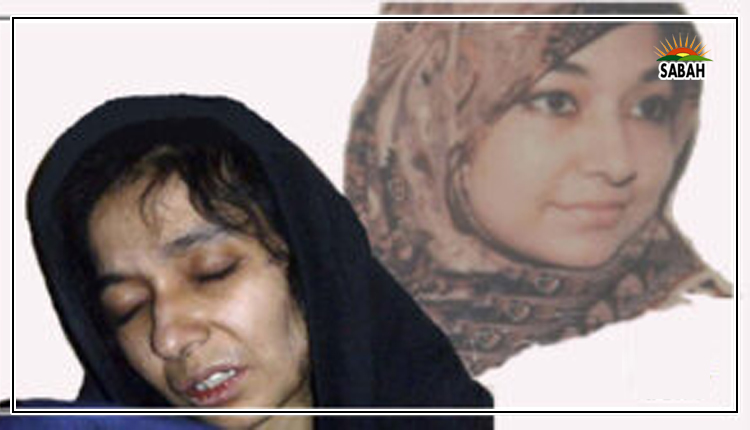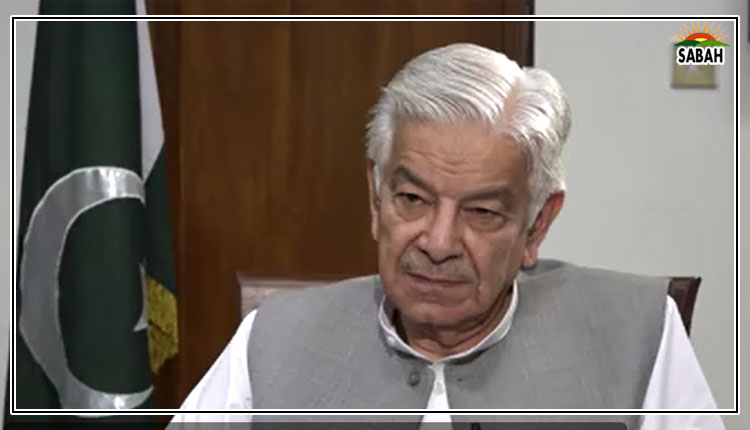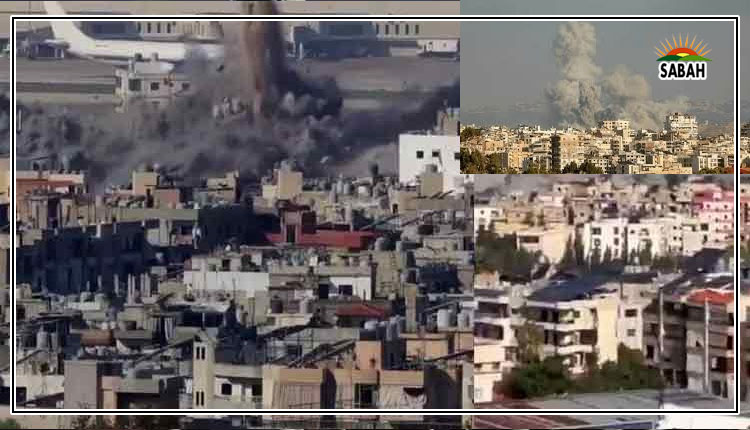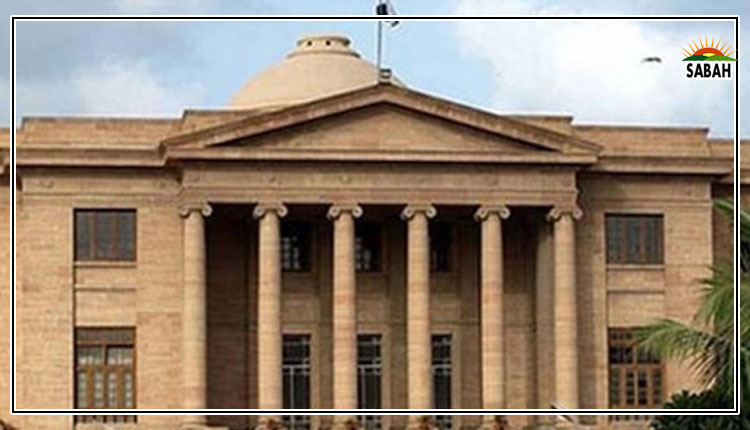Sindh High Court acquits five accused sentenced in Perween Rahman murder case
KARACHI, Nov 21, (SABAH): The Sindh High Court (SHC) on Monday acquitted all five accused sentenced in the murder case of renowned rights activist Perween Rahman — who was shot dead in the metropolis in 2013 — citing a lack of evidence and ordered their release.
The development comes around nine months after an anti-terrorism court (ATC) in Karachi sentenced four of the accused, namely Abdul Raheem Swati, Ahmed Khan, Amjad Hussain Khan and Ayaz Swati, to life imprisonment and sent the fifth accused, Imran Swati, to jail for seven years.
The trial court’s verdict, which was issued after eight long years of proceedings, was subsequently challenged in the high court.
In its judgment issued on Monday, a two-member SHC bench, comprising Justice Karim Khan Agha and Justice Zulfiqar Ali Sangi, observed that none of the accused had been charged with “actually murdering” Rahman.
Instead, the court said, the accused were charged with “planning, instigating and in effect abetting the murder”.
The judges also agreed with the appellants’ lawyer on the contention that Rahman’s interview, which she gave in 2011 and aired after her murder, was inadmissible evidence. The court concluded that it be excluded from the case.
The court also declared that the murder case did not fall in the jurisdiction of the ATC as it was found that the motive behind the killing was not to create terror but land-grabbing.
“And as such, all appellants are acquitted of any offence under the ATA in the impugned judgment,” the court order read.
In light of this, the court said, accused Rahim Swati’s confession, which was recorded under Section 21 (H) of the Anti-Terrorism Act and later disowned, should have been recorded under Section 164 of the Code of Criminal Procedure.
Therefore, “we place no reliance on it” and it was also “inadmissible in evidence”.
The court also observed that prior to this confession, there was no tangible evidence against any of the accused.
The court concluded that even if all pieces of evidence were admitted, they failed to prove the charge against the accused beyond a reasonable doubt.
The court also ruled that the “required ingredients” of the charge of abetting the crime were not proved against any of the accused.
Moreover, evidence, including bullet shells, collected from the crime scene and the forensic analysis report failed to establish a link with any pistol belonging to the accused as no pistol was recovered from them at the time of their arrest, the court order stated.
On these grounds, these pieces of circumstantial evidence were of no consequence, the court concluded.
With regards to the reports of the joint investigation team, the court was of the view that a JIT report was “no more than an opinion of an investigating officer and is not proof of any facts in terms of evidence”.
The court also said the prosecution had failed to prove beyond a reasonable doubt any offences against the accused under Sections 201 (causing disappearance of evidence of an offence or giving false information to screen offender) and 202 (intentional omission to give information of an offence by a person bound to inform) of the Pakistan Penal Code. “As such, the appellants are acquitted of this charge”.
The court said the accused were entitled to the benefit of the doubt as “many doubts concerning the appellants’ involvement in the murder case of the deceased” were found.
Hence, the court ruled, the all of the five men were acquitted and the trial court’s verdict was set aside. They shall be released unless wanted in any other custody case, the court directed.
It is worth mentioning here that Perween Rahman, who was heading the Orangi Pilot Project (OPP) and had devoted her life to the development of impoverished neighbourhoods, was gunned down near her office in Orangi Town on March 13, 2013.
Initially, a case for her murder was registered under Sections 302 (premeditated murder) and 34 (common intention) of the Pakistan Penal Code at the Pirabad police station. Later, Section 7 (punishment for acts of terrorism) of the Anti-Terrorism Act, 1997, was added to the first information report on the basis of a judicial inquiry conducted by then-district and sessions judge (west) Ghulam Mustafa Memon on the orders of the Supreme Court.












